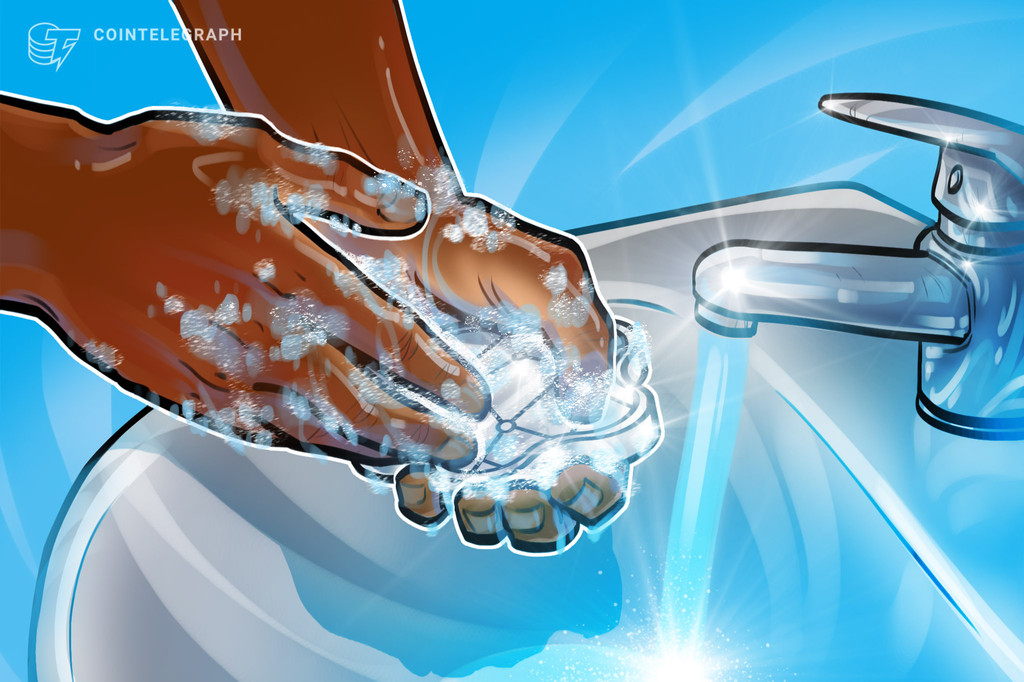
NFT wash trading is a problem for investors, the global community, collectors and traders because these participants use less liquid nonfungible tokens to manipulate the price of an asset.
Due diligence has become more difficult as investors have been forced to rely on measurable statistics, making wrong investment decisions. To encourage NFT investments and prevent NFT scams, discrepancies in the data must be investigated by specialists. Additionally, NFT crimes hit the NFT community the hardest. Regulators and proponents of mainstream financial services can now use wash trading to combat decentralization.
Collectors and traders, likewise, are unable to make an informed judgment. When deceptive facts and history mislead people regarding a piece of art or collectible, it is simple for them to make rash decisions. So, with the NFT markets being impacted by wash trading, is there any way to spot it in the first place?
There is no price or volume history associated with new coins when they are introduced to the market. As a result, developers or other insiders may participate in wash trading to deceive participants about the coin’s true worth. Therefore, avoid investing in those kinds of projects.
Moreover, many NFTs have no trading volume or investor interest. As a result, NFT owners can readily participate in wash trading to entice naïve purchasers to buy the NFT at an exorbitant price. Therefore, avoiding newly-issued small-cap cryptos and NFTs is the most significant way to prevent wash trading.
A trader must choose more established cryptocurrencies with a higher volume to avoid becoming a victim of wash trading. The broader the market, the more money scammers will need to manipulate it. For instance, already established cryptos like Bitcoin (BTC) or Ethereum, which are worth hundreds of billions of dollars, make crimes like wash trading incredibly challenging.
Comments are closed.